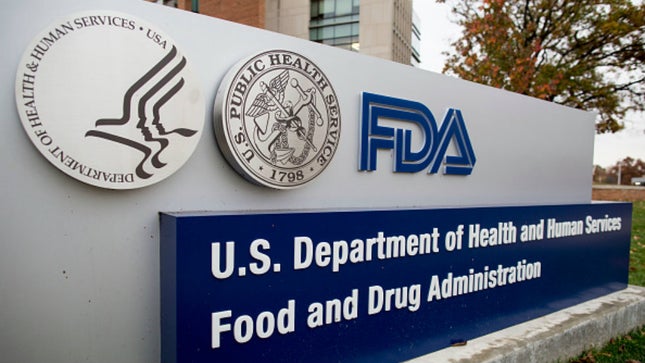The U.S. Food and Drug Administration (FDA) has announced that it is tightening requirements for companies that develop COVID-19 antibody tests to combat fraud and violation. It also wants to regulate the frenzy of tests coming to the market.
The agency requires companies to apply for Emergency Use Authorization (EUA) under a tight timeframe and provide specific performance threshold guidelines for test specificity and sensitivity.
On March 16, the FDA issues a policy that allowed companies to validate their own diagnostic tests and enter the market without a review from the agency.
It has been found that more than 100 COVID-19 antibody tests have entered the market since March 16, prompting a federal investigation into the accuracy of tests.
At the time, FDA Commissioner Dr. Stephen Hahn said it was critical for the agency to provide regulatory flexibility for test developers, given the circumstances of the crisis.
Dr. Hahn said yesterday, “As FDA has authorized more antibody tests and validation data has become available, including through the capability at [the National Cancer Institute] the careful balancing of risks and benefits has shifted to the approach we have outlined today and our policy update.”
The FDA’s new approach requires all commercial developers of the tests to submit the EUA application with their validation data with 10 working days. In addition, the agency has provided specific performance threshold guidelines for specificity and sensitivity for all companies.
FDA officials have acknowledged the widespread fraud that has been occurring in connection to COVID-19 antibody tests that have entered the market.
Dr. Anand Shah, FDA Deputy Commissioner and Dr. Jeff Shuren, director for the FDA’s Center for Devices and Radiological Health, wrote, “We, unfortunately, see unscrupulous actors marketing fraudulent test kits and using the pandemic as an opportunity to take advantage of Americans’ anxiety.”
“Some test developers have falsely claimed their serological tests are FDA approved or authorized,” they added. “Others have falsely claimed that their tests can diagnose COVID-19 or that they are for at-home testing, which would fall outside of the policies outlined in our March 16 guidance, as well as the updated guidance.”
The officials also said that they are aware of the fact that some commercial test developers are marketing their serology tests inappropriately.
The FDA also announced yesterday that it is introducing a more streamlined process to support EUA submissions and review
Until now, 12 antibody tests have been authorized under EUA, while more than 200 antibody tests are subjected to a pre-EUA or EUA review, the FDA said.
It remains unclear how antibody tests might help scientists and doctors to understand and potentially treat COVID-19, the disease caused by the new coronavirus.
Antibody tests could help provide information on the prevalence of the disease and the frequency of asymptomatic infection. They may also help identify potential donors of “convalescent plasma,” an experimental approach to treating COVID-19 by using blood plasma that contains antibodies from a survivor and injecting it in a critically ill patient.
“There are a lot of unanswered questions about this particular issue,” Dr. Hahn said. “We need the data because we need to understand this particular aspect of the disease and put it as part of the puzzle around COVID-19.” This article originally appeared on MDedge.com.























